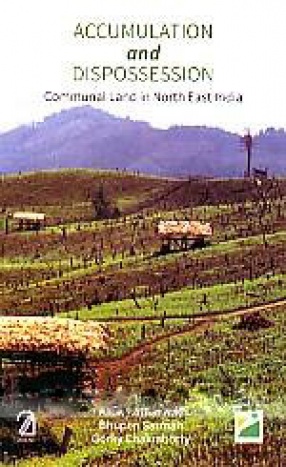
Asok Kumar Ray

Showing all 15 books
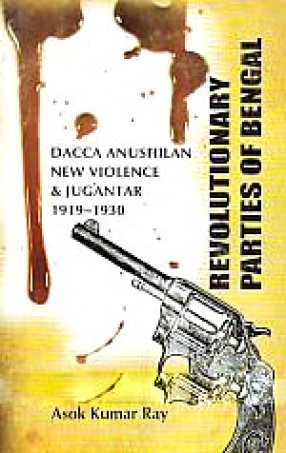
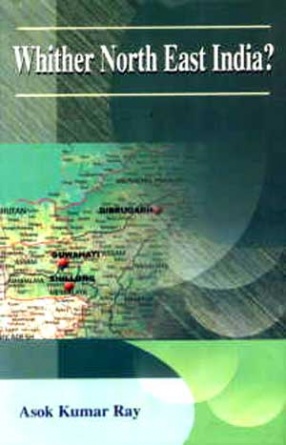
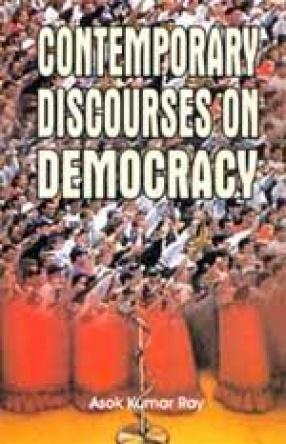
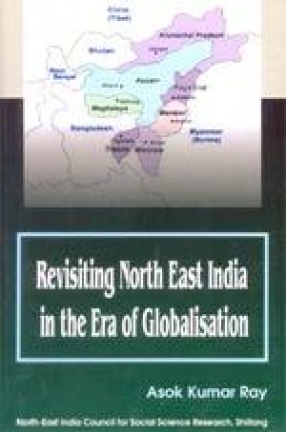

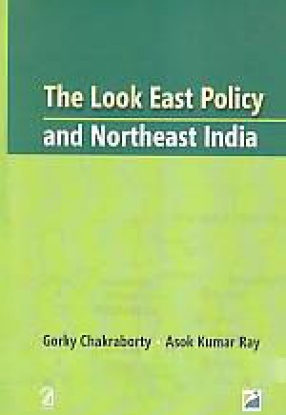



The Northeast India has become a renewed concern for the contemporary social scientists working on this region. This book is one that shows similar concerns. It revisits the trends of changes in Northeast India from the premodern, colonial, post-colonial to the postmodern times and critiques the very direction of change that happened in the region. In the post-liberal regime the Northeast India has come to face stiffer challenges that has led the region towards a ...
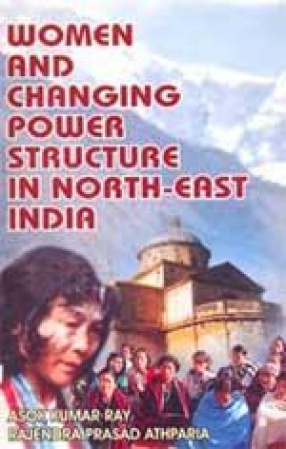
This book gives an illustrative account of the space of women in the changing power structure in northeast India. The Present volume contains 23 research papers based on rigorous empirical studies made by the regional scholars and covers the state scenarios of Meghalaya, Assam and Tripura. The thematic focus of the book is laid on the role and status of tribal women in course of changing economic, social and political institutions in this region. Each paper bears ...

While democracy is conventionally understood as political institution, the contemporary discourses on democracy are concentrated on the social tributaries of democracy namely the groups and associations, discursive public sphere, social capital, civil society etc. All these form the core of good governance. This book is an attempt to make critical reflections on the various tributaries of democracy. The first chapter explains democracy both as a doctrine of ...
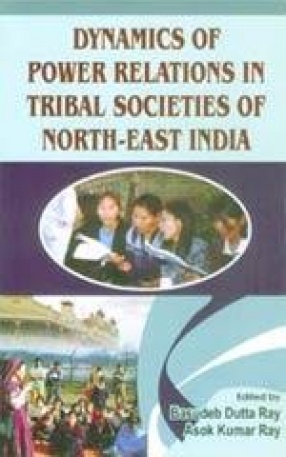
The present book highlights the dynamics of power relations affecting the multitudinous tribal structures in the northeastern region. There are two broad themes in this book the state and the tribal power structures constitute one theme and gender and power constitutes the other. The book contains 20 research papers with an editorial note on these themes. The research papers are based on current and rigorous empirical studies made by the regional scholars and ...
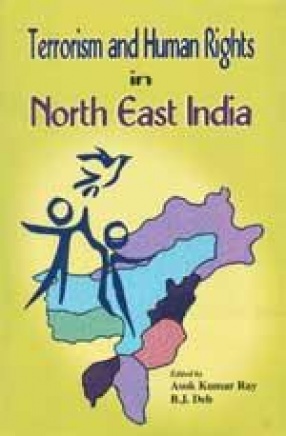
Both militant terrorism and state terrorism are phenomenally increasing in the northeastern region of India. The versions and standpoints on violation of human rights are highly polarized. The two parties (the terrorists and the state) blame each other for such violation. The overall terrorist scenario let loose both by the militants and by the army, has stalled the civic life of millions of people in this region. The casualties happen ...
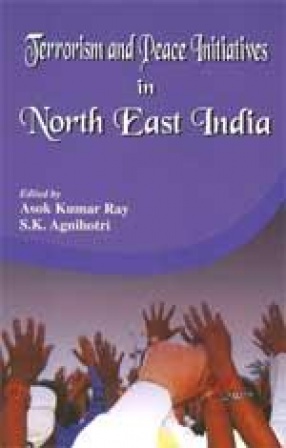
Terrorism and peace initiatives have worried the Indian state and occupied the minds of the diplomats, academia and the development practitioners. In the northeastern context, both terrorism and peace initiatives raised serious public discourses not only at the regional level but also at the national and international levels. While the socio-economic and political roots of terrorism are well recognized, the nature of terrorism and, the different ...

This book is a revisit of northeast India in the era pf globalisation. I have raised two major questions in this book: one is epistemological and the other is related to political economy. I tried to address these questions through revisiting four major thematically relevant areas, designed and arranged in sequential chapters. The first chapter deals with the changing approaches and methodology of social science research (that largely addresses the ...
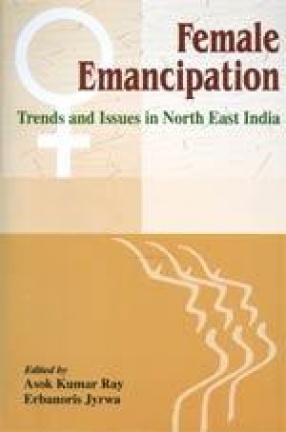
The issue of women emancipation is of vital significance in the contemporary discourses on development. Though the concepts of emancipation and empowerment differ substantively, this book brings out close connectivity between the two concepts and empirically upholds that the two concepts constitute each other. In northeast India, the role of women is quite high in the socio-economic spheres whereas their social status is low. This dilemma is ...
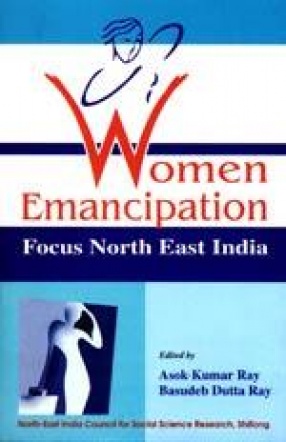
This book raises the conceptual issues of women emancipation vis-a-vis women empowerment focusing on the women of the northeast India. There is epistemic difference between the two concepts and therefore a distinction is made between the two. Empowerment in this book is however seen mainly as a trajectory for women's emancipation. The approach of the book is empirical with a realistic conceptual base. This book highlights the roles of the ...
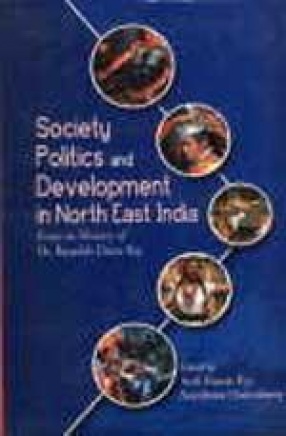
The collection of twenty-nine essays, in honour of Prof. Basudeb Datta Ray, Secretary, North East India Council for Social Science Research, Shillong, touches upon the multiple contours of society, culture and development in the North-East region of India.
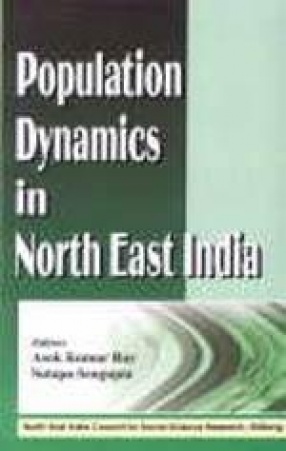
Population question in the northeast region assumed critical dimension from the 1950s onward. This happened mainly because of the externally induced demographic growth in this region. Many movements took place in the mean time in the region to address the issue. Yet over the last four decades, this question remained unresolved. From social policy angle, the states of this region exhibited failed state syndrome. This led to both quantitative and qualitative crises ...
